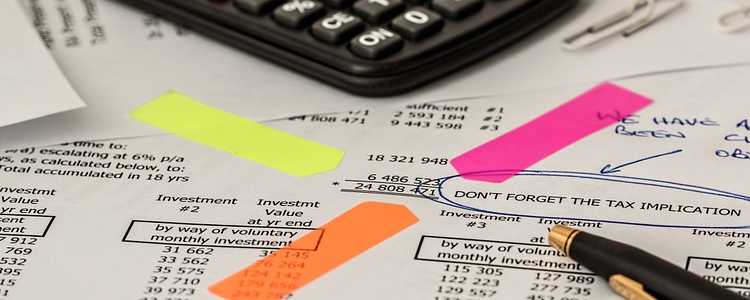Business Travel & Deductible Expenses

If business travel is part of your work remit, then travelling to far-flung places is often a great perk of the job.
But it can be extremely costly and those expenses soon run away with themselves – you might be on a visit to Paris and it’s as if the expenses have taken themselves on a round-the-world five-star trip!
But thankfully there are many business travel expenses that are deductible. It’s complicated though and can be as tedious as a flight delay, so here we’ll guide you through it.
What business travel expenses are deductible?
Firstly, what is useful to know is what is definitely not deductible – and that is your normal expenses travelling from your home to your main place of employment.
Think whatever is your normal commuting, and there is no tax relief for those expenses. This includes if you, for instance, travel to a different office that’s some miles further away than your usual office.
If it is similar to your normal workplace (that is in this case it’s another of your company’s offices), then it cannot be included in any deductible expenses.
However, you can claim the costs of travelling between clients. But this is only unless you have no specific place of work (that is, it’s a geographical area that’s defined as your permanent workplace).
Self-Employed v Employed
If you’re self-employed, the business travel expenses that are possibly deductible include vehicle insurance, repairs, servicing, fuel, parking, vehicle licence fees, breakdown cover, (bridge, tunnel and road) tolls and congestion charges.
Then there are hotel rooms and meals on overnight business trips. You cannot claim for non-business travel costs – so that visit to your auntie’s house at the weekend is not valid. Neither are any fines, such as for parking or speeding…
It’s worth noting too that if you’re not travelling, but working from home, you may be able to claim tax relief for some of the bills you have to pay – because you have to work at home on a regular basis.
These include business phone calls, the additional cost of gas and electricity for your work area, and printing costs.
As well, professional fees and subscriptions you pay to approved professional organisations are deductible if you need to have membership for your work or it relates to your job.
You cannot claim for some things that you use for both private and business use. For example, this includes your monthly rent or broadband costs – basically expenses that you’d have anyway.
As well, you cannot claim tax relief if you have an employer and choose to work from home.
Business Travel Mileage
Mileage Allowance Payments (MAPs) are what an employee can be paid for using their own vehicle for business travel. An employer can pay an employee what’s known as an “approved amount” of MAPs each year without having to report it to HMRC.
To work out this approved amount you need to multiply your annual business travel miles by the rate per mile for the type of vehicle.
Presently, rates per business mile for cars and vans is at 45p for the first 10,000 miles and then above 10,000 miles it is 25p. You have to keep VAT receipts for your fuel to support this claim.
Also, if you don’t use your own car for business and you need to hire a car (in your own name) for business travel over the short term, the hire costs and fuel are a deductible expense. This includes hiring a car abroad.
It’s not just cars and vans – train and plane travel for business journeys is deductible. Other allowable travel costs include bus, coach and taxi fares.
So too is the cost of a hotel stay for business purposes. Meals are an acceptable expense when staying overnight, as well as if you’ve been away from home for five hours or more. This can include the cost of drinks, including alcoholic ones – to a reasonable level.
